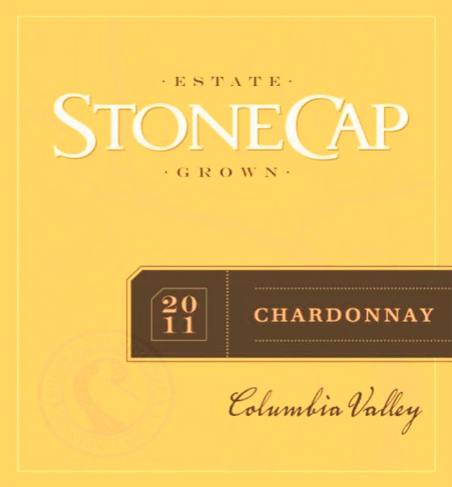Can New World Step Up To Old World?
It is a fact that the United States produces wines that rival the greats of Europe. This is quite evident with Cabernet Sauvignon, Pinot Noir, Merlot, Syrah and Chardonnay. But when you get outside of the handful of wines that we do very well and start to look at grapes such as Sangiovese, Nebbiolo and Riesling, we (in the U.S.) have yet to be considered in the same league as Brunello di Montalcino or Chianti Classico, Barolo or Barbaresco, the Rheingau or the Mosel.
I was asked recently if I thought that we would one day be able to say that we produce some of the very best wines from these varietals.
I think that we must first find the right terroir. That all-important confluence of the right soils, aspect, topography and climate that influences the grapes so much is key. But are winemakers really exploring and experimenting with enough areas in the U.S.? I am most aware of the experimentation being done in California, but most of it is in areas that are already en vogue for producing other grapes. Are we to find a patch of earth that is as good at producing Cabernet as it does Sangiovese?
I find that unlikely. Yet there are thousands of acres that are unexplored for viti-culture elsewhere in the U.S. that may hold the secret terroir to produce the finest Sangiovese, Nebbiolo or Riesling.
Going back into history in the Old World, much of the economy was agricultural. This led whole pockets of their civilizations to invest into finding just the right places to plant the vine. And when they found it, it was cherished and developed. The U.S. economy today is much more diverse, and the economies of exploring land to produce wines that may or may not make a profit leads me to think that we may not be as interested in investing so much time and money to truly find that perfect spot.
Wine also was a natural part of Old World cultures.
It was and is a common beverage – much more so that anywhere in the U.S. Wine popularity and consumption in the U.S. is certainly rising, but the impact on our consciousness is still not at the same level as it is in the Old World.
The Old World also holds two things over us in terms of specializing in a specific wine.
First is time. They have had hundreds of years to explore and find the best areas not just for growing grape, but truly defining an identity of the terroir through specific grapes. Just look at Bordeaux and the First Growths, of the complex puzzle of Grand Crus in Burgundy or the hill of Hermitage. The same goes for Brunello di Montalcino or Barolo. Those spots on earth have a unique expression given only through a specific selection of grapes. They are immediately identified with it.
That brings us to the second thing that the New World lacks, and that is not just the culture of the vine, but the entire culture surrounding it. In the Old World, the vigneron is not only a career, but it is in the blood of the family. There are entire lineages in the Old World that have devoted themselves to the caretaking of the vine and its fruit, as well as committed themselves and their families to crafting the best wines possible from that fruit. How many families in the New World can go back two or even three generations on their family tree and show that they tend the same vines as their grandparents? Perhaps there is just a handful. But in Europe, there are dozens, if not hundreds of families that have been tied to the vineyard for centuries.
I originally answered the question in the positive, but now I am not so sure. Our culture of immediate gratification and profit or loss mentality perhaps holds us back from even trying.
Only time will reveal the rest of the story.
Recommendations: 2011 Stonecap Chardonnay ($9) Yes, it’s under 10 bucks and it tastes really good. It isn’t Burgundy, but for this money, you will be more than happy with the wine. Lush, tropically fruited, round and really tasty! 2009 Fontodi Chianti Classico Riserva Vigna Sorbo ($65) The best Chianti Classico Riserva I’ve tasted to date. There, I said it. It is rich, refined and riveting. BTW, it’s made with organically grown grapes.
Roberto Viernes is a master sommelier. Email rviernes@southernwine.com or follow him on Twitter @Pinotpusher.






